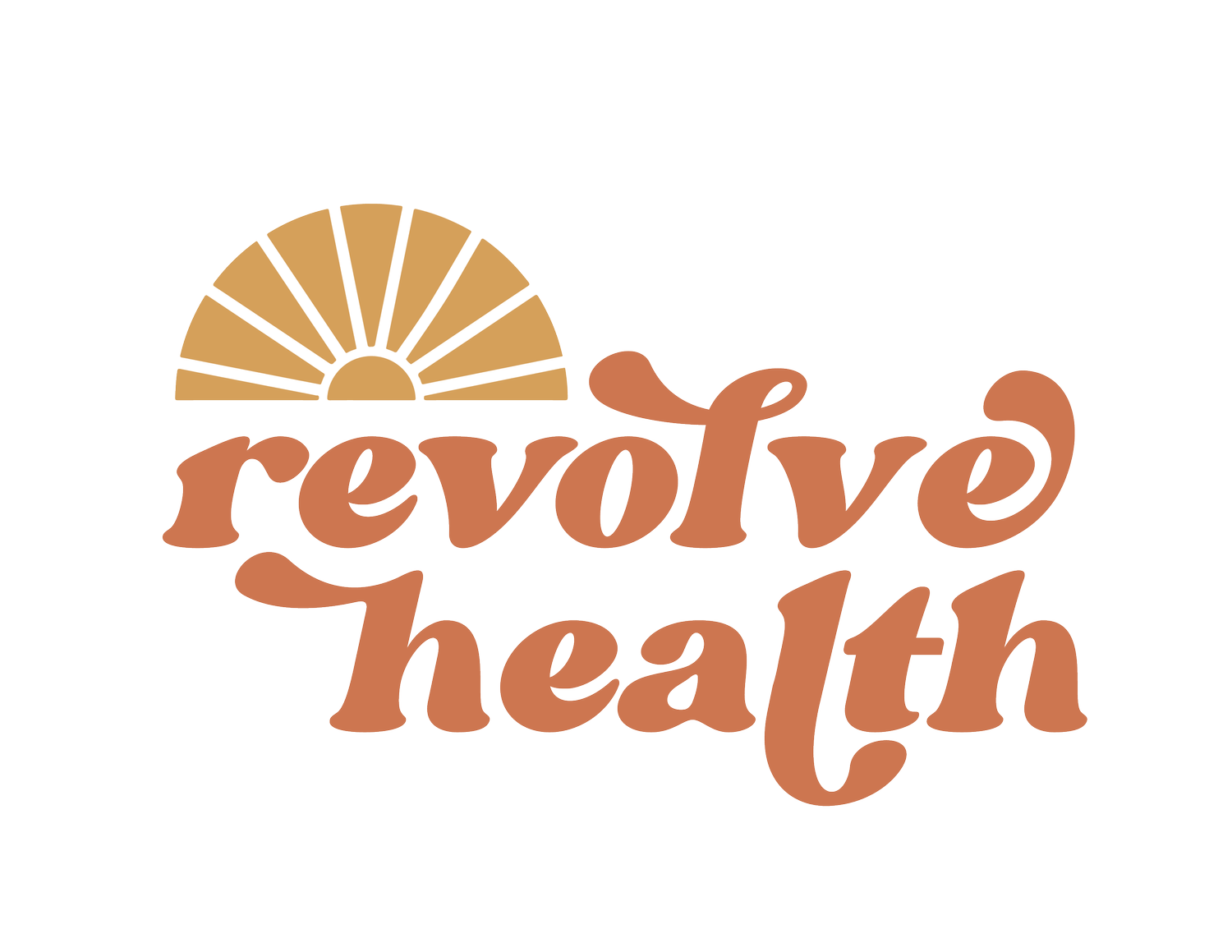Optimizing Fertility with PCOS: Natural Strategies to Boost Your Chances
Starting or expanding your family is an exciting step! If you're living with Polycystic Ovary Syndrome (PCOS), the path to parenthood can come with challenges and worries, especially if you’re facing difficulties conceiving. The great news is that there are EFFECTIVE, natural strategies to enhance fertility when you have a PCOS diagnosis. In this article, we'll explore these strategies, offering guidance (and optimism!) as you journey towards parenthood.
Can I Get Pregnant with PCOS?
Many women with PCOS have been told that conceiving might be difficult or even impossible. While PCOS can pose certain challenges, it does not mean that you cannot have children or get pregnant naturally. PCOS is a hormonal disorder that can lead to irregular periods, ovarian cysts, hormonal imbalances, and various symptoms. One common effect of PCOS is irregular or absent ovulation, a key to achieving pregnancy naturally. That's why our goal is always to enhance ovulation to improve your chances of conceiving naturally.
Strategies To Conceiving Naturally:
Nutrition: A balanced, nutrient-rich diet plays a vital role in managing PCOS and enhancing fertility. Blood sugar regulation is often a key concern in PCOS and can impact your ability to conceive. Adjusting your diet by increasing your intake of healthy fats and proteins, eating regular meals, and favoring complex carbohydrates while minimizing simple carbs and sugar can be helpful in supporting ovulation. During your preconception journey, it's particularly essential to incorporate foods rich in antioxidants and anti-inflammatory herbs like turmeric.
Regular Exercise: Physical activity is a powerful tool for managing PCOS and boosting fertility. Exercise can improve insulin sensitivity, promote regular menstrual cycles, enhance your overall stress response, and improve your sleep patterns. Regular exercise also prepares your body for pregnancy and a healthy birth.
Reducing Toxin Exposure: Environmental factors can disrupt hormonal balance more than we might realize. Endocrine disruptors, which are chemicals that can interfere with our hormonal harmony, are omnipresent. Consider reducing your exposure to these chemicals by minimizing plastics, using water filters, and switching to clean home and personal products. The most common endocrine-disrupting chemicals in our environment include parabens, phthalates, bisphenols, and PFAS.
Targeted Supplementation:
Inositol: This natural compound has demonstrated potential to improve insulin sensitivity and restore regular ovulation.
N-Acetylcysteine (NAC): NAC may help reduce oxidative stress, lower testosterone levels, and enhance fertility.
Botanicals: There are numerous botanical options like Chaste tree, berberine, ashwagandha, saw palmetto, and more that can be utilized to promote healthy hormone production, provide adrenal support, reduce testosterone levels, and improve ovulation rates. Your Naturopathic Doctor will help guide you with the right herbal combination for you.
Seeking Support:
As naturopathic physicians, we offer a holistic approach to managing PCOS and boosting fertility. We tailor our recommendations to your unique needs, which may include lifestyle changes, nutrition and exercise advice, herbal medicine, and more to help you achieve your goals. Fertility with PCOS may require a bit of extra effort, but it's entirely attainable with the right strategies. Most importantly, remember that you're not alone. Support and guidance are available to help you successfully navigate the path to parenthood.
Meet Your Doctor
Hi, I’m Dr. Caitlin Fanning, ND (Naturopathic Doctor),
I help women who are struggling with hormone imbalances, fatigue, and infertility optimize their hormones and get their life back so they can feel like their best self.
If you're ready to take charge of your health and make real, lasting changes to your energy, your hormones, or your overall well-being, I would love to talk more!

